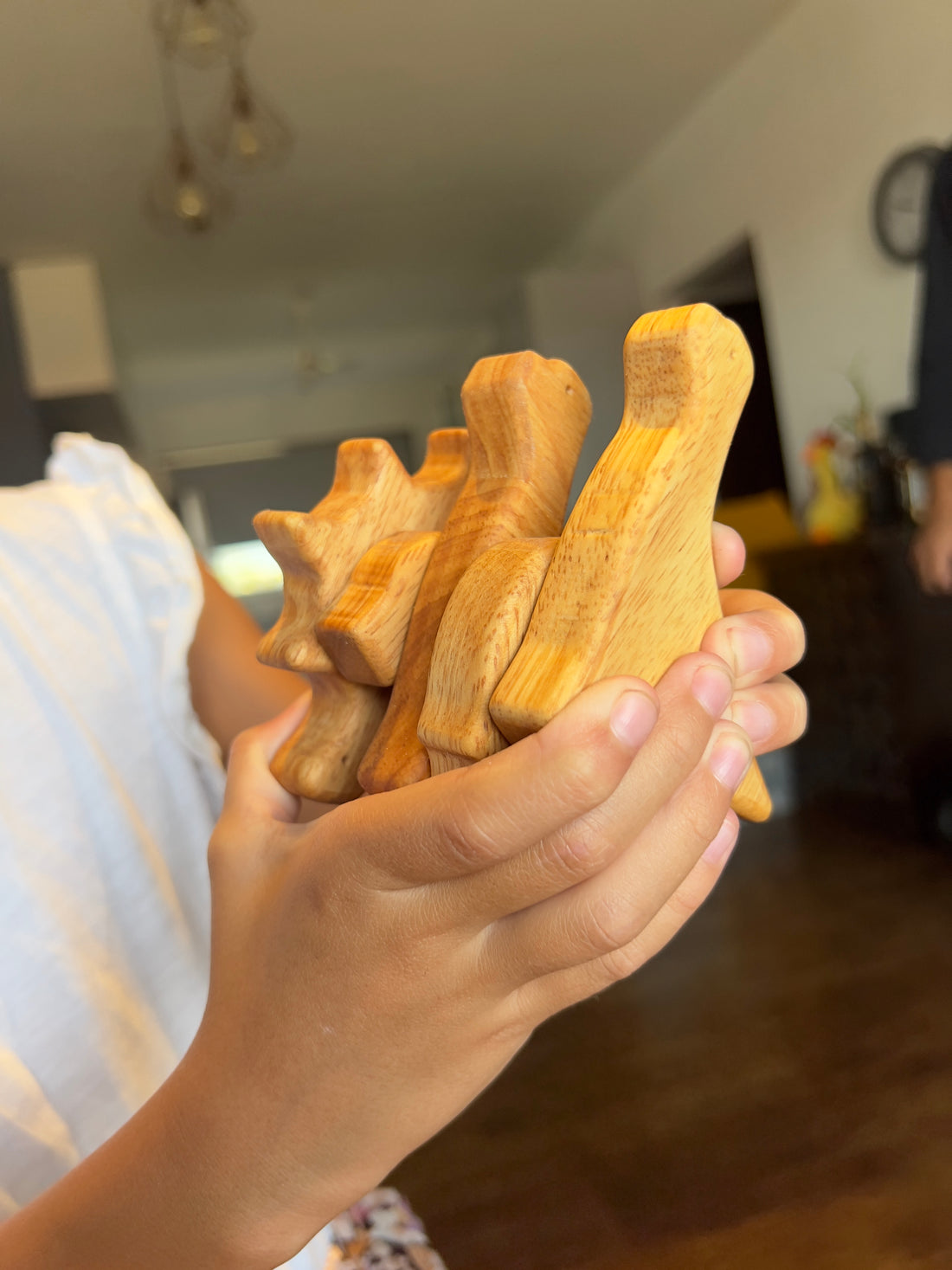Waldorf education, developed by Rudolf Steiner in 1919, fosters holistic development through a distinctive and balanced approach, emphasizing intellectual, artistic, and practical skills in equal measure. Within this innovative educational model, the emphasis is consistently placed on imbibing reverence for nature and humanity.
The Core Philosophy
Steiner’s philosophy is rooted in anthroposophy, which integrates spiritual insight into human development. Consequently, Waldorf education nurtures the child's soul, spirit, and body, aiming to unfold each child’s unique potential.
Holistic Learning Environment
Not only does Waldorf education prioritize a balanced curriculum, but it also encourages an environment that resonates with natural, aesthetic, and ecological values. As such, the surroundings are typically adorned with natural materials, fostering a connection between the learners and their environment.
Significance of Play in Learning
Play, considered the “work” of children, holds paramount importance within Waldorf education. Through play, children explore, innovate, and discover, thus learning crucial life skills such as problem-solving, cooperation, and self-regulation.
Integration of Wooden Toys
In the Waldorf approach, toys play a significant role, particularly wooden toys. They are not mere playthings; instead, they are pivotal learning tools, acting as conduits of imagination and creativity. They exemplify simplicity and functionality, aligning harmoniously with Waldorf’s core principles.
Wooden Toys and Their Role
Simplicity and Multifunctionality
Wooden toys, by nature, are simple, durable, and versatile, offering a myriad of possibilities for imaginative play. Their unassuming nature stimulates the child’s imagination, allowing them to attribute various roles and functions to the same toy, depending on their play scenario.
Eco-Friendly Option
Beyond their adaptability, wooden toys are eco-friendly, introducing children to concepts of sustainability and environmental conservation from an early age. In this regard, they not only serve educational purposes but also imbibe values of responsibility and respect for nature.
Promoting Sensory Development
The tactile experience of wooden toys is incomparable. Children can feel the grain, the weight, and the solidity, which in turn, enriches their sensory development. This sensory interaction furthermore stimulates neurological pathways, enhancing cognitive and motor skills development.
Enhancement of Fine Motor Skills
Engagement with wooden toys also fosters the development of fine motor skills. They challenge and entice children to grasp, pull, twist, and build, ultimately refining their hand-eye coordination and muscle strength.
The Synergy between Waldorf Education and Wooden Toys
Aligning Values and Principles
The alignment between Waldorf education and wooden toys is profound. Both embrace simplicity, versatility, and a strong connection to nature. Moreover, they mutually support the development of a child’s imagination, creativity, and cognitive abilities.
Encouraging Imaginative Play
Waldorf education, through the integration of wooden toys, instills a rich imaginative play environment. These toys are devoid of predetermined roles, enabling children to concoct diverse narratives and scenarios, which is crucial in molding innovative thinkers and problem solvers.
Cultivating Connection with Nature
Both Waldorf principles and wooden toys espouse a deep reverence for nature. They nurture an intrinsic connection to the natural world, thus cultivating environmentally conscious individuals who are attuned to ecological balance and sustainability.
Nurturing Holistic Development
The synergistic relationship fosters holistic development. It’s not just about intellectual growth; it’s about nurturing the body, mind, and spirit in harmony, ensuring the well-rounded development of each child.
To conclude, Waldorf education, with its emphasis on holistic development, creativity, and a profound connection with nature, naturally aligns with the essence of wooden toys. The simplicity and versatility of these toys resonate seamlessly with the values and principles of Waldorf education, creating a harmonious learning environment that nurtures the child's intellect, imagination, and respect for nature.
Through this unique combination, children are encouraged to explore, innovate, and grow, becoming well-rounded, responsible, and ecologically aware individuals. The mutual values of reverence for nature, simplicity, and imagination make the incorporation of wooden toys in Waldorf education not just beneficial but inherently harmonious.
Shop for handcrafted wooden toys at SmolBlock with a wide range of toys to choose from!
